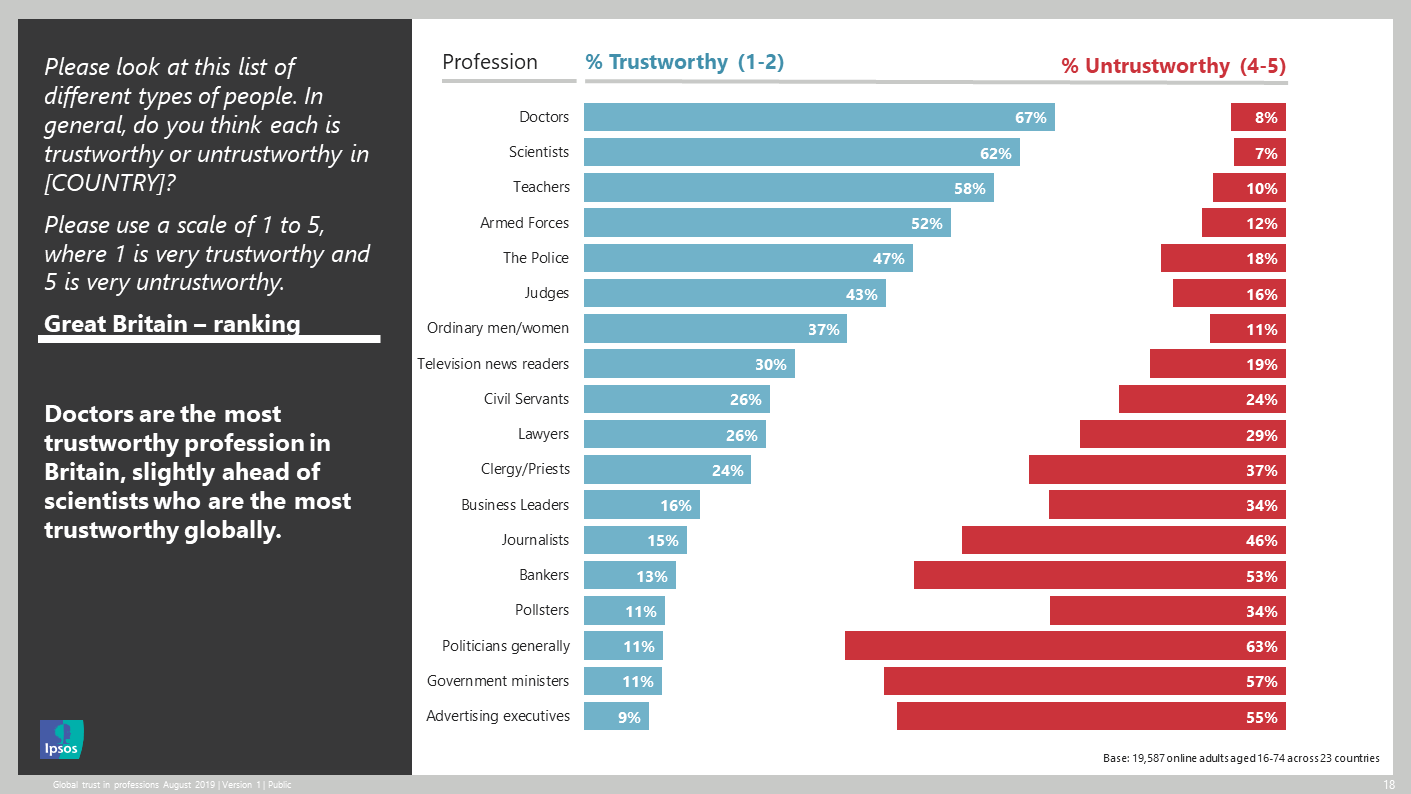Get Help Finding a New Talent | | Get Help Finding a New Opportunity |
Is Being a Solicitor a Good Career?
For decades – even maybe a century – some professions have persistently been perceived as respectable by society. Doctors, lawyers, accountants: even today, these job titles are associated with safe and stable career paths.
The reality is, while these roles do come with a positive perception from the public, individuals occupying them must cope with a great amount of stress and, most of all, change. As technology and society adapt and evolve through time, these jobs also had to follow suit: a lawyer in the 20th century clearly does not deal with the same issues – or socio-political context – as one from 2020.
In case you’re wondering what is a solicitor? A simple definition is: ‘one whose profession is to conduct lawsuits for clients or to advise as to legal rights and obligations in other matters.’
Let’s zoom in on what being a solicitor in the early 21st century means, and what it might look like going forward. If you ever wondered if being a solicitor is a good job, continue reading to get your answer.
What Does a Solicitor Salary Look Like?
Pay is still quite lucrative for many lawyers, but the take-home pay really depends on how hard one is willing to work for it, how well you are doing, and who they know.
Solicitors' salaries can be anywhere from £32,000 to £147,500 (base salary) as a newly qualified lawyer in London.
How Many Hours Does a Solicitor Work?
According to a survey by Legal Cheek of 2,500 trainees and junior associates at nearly 100 law firms, some corporate firms average more than 12-hour work days, and these surveyed hours are at their lowest in years.
For individuals who highly value a work-life balance, it will be important to carefully weigh up the pros and cons when choosing a firm. Many view their first few years in private practice as a route to a less time-consuming in-house role. A means to an end.
Social Status
Lawyers have been held up as valued members of the community since the law was invented – this has not changed in the 21st century. What has changed, however, is the trust level associated with this profession.
In a recent survey conducted by IPSOS Mori, it appears lawyers aren’t perceived as trustworthy: perhaps a consequence of the societal and technological changes we’ve seen in the past decades. We must note, though, that today’s figures are definitely an improvement from previous years.

Mental Health
As discussed in a previous article, the mental hinterland for lawyers is quite bleak. According to a 2019 survey of 3800 legal professionals by ALM Intelligence:
17.9% had contemplated suicide during their career (double the general population).
32.7% had increased their usage of drugs and alcohol.
10.1% ‘feel’ they have an alcohol problem.
31.2% were depressed.
64% were anxious.
67% said their personal relationships have suffered as a result of being a lawyer.
When asked “Do you think the role of a solicitor has had a negative effect on your mental health over time?” 74% said yes.
It can be difficult to dig down into why these problems arise; overwork and perfectionism are strong culprits. For budding lawyers it’s important to take care of the little things, like getting enough sleep, exercise, and eating well. You won’t be doing yourself, your solicitor career or your boss any favours by ignoring these things.
For employers, it’s important to engage your lawyers with your core strategy so that they aren’t, and don’t feel, siloed. It’s also important to encourage a healthy balance and ensure that your lawyers are sleeping at night; if they’re not, try and find out why.
Automation
The robots are taking over, to a degree.
Some perusal and research tasks are being ceded to AI. The real effects of these trends are starting to be felt now, with ‘leaner’ firms with alternative business models popping up everywhere.
The shift to automation means a shift in power towards equity partners. Think of a law firm as a factory and the lawyers as factory workers. The factory workers get replaced with machines, output increases, and the factory workers are laid off. The few entry-level factory jobs become more competitive and the older factory workers have to find something else to do, or not.
Do You Want to Do Some good?
Many lawyers become a solicitor to do some good, and sometimes you really can.
Some outsiders may not understand it but joining your local public defenders or public prosecutors can have some feel-good vibes to it, along with joining a legal aid center.
Some of the best-known figures in recent history have gone down similar paths, for example, Barack Obama was a civil rights lawyer along with the late Supreme Court Justice Ruth Bader Ginsburg.
Of course, you won’t get paid nearly as much as your private practice brethren and sistren and you might have to work really tough hours too. But there is certainly good to be done on many fronts and sometimes you can earn an honest dollar in the process.
Contact
Tevia Kretzmer is a Compliance and Legal consultant at Rutherford, the executive compliance, financial crime, legal, risk, cyber security, and business ops recruitment specialists.
To contact us for a confidential search, send us an email at enquiries@rutherfordsearch.com or see our latest vacancies.
Email: tevia@rutherfordsearch.com
About Rutherford
Rutherford is a boutique search firm that specialises in legal, financial crime and compliance recruitment within the financial services and legal sector, with London and New York being the main focus. We use our carefully curated relationships, networks and market knowledge to find the best fit for the clients in hand. We work with a wide range of clients, spanning from advisors, corporate and commercial banks, brokers, exchanges, MTFs and financial tech, through to global investment managers, hedge funds, private equity firms and investment banks.






.png)




